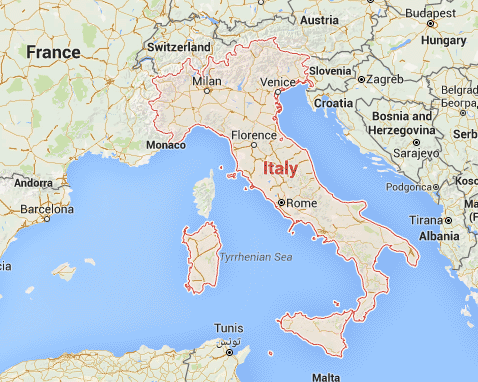AU PAIR CULTURE QUESTS
GERMANY
Western Europe
Capital: Berlin
Languages: German
Predominant Religion(s): Christianity
(Roman Catholic/Protestant)
COMMON CHARACTERISTICS:
- Germans are often seen as open-minded, ambitious, polite, responsible and reliable.
- Germans are interested in world affairs and/or cultural exchange.
FUN FACTS:
- Germans generally have a strong passion for soccer and are very proud of being the World Champions in 2014!
- Even though the country is not that large (357,168.94 square km), you will find many different accents and dialects by traveling from north to south, and from east to west.
- One of the best known quotes that shows the closeness of the United States and Germany is the one by John F. Kennedy: “Ich bin ein Berliner” (1963), with which he expressed U.S. support in the reconstruction of Germany.
USEFUL PHRASES:
- How are you?: Wie gehts dir?
- Fine, thanks.: Gut, danke!
- My name is…: Ich heiße…
- Nice to meet you.: Schön, dich kennen zu lernen!
- Thank you: Danke!
“My year as an au pair has been the best year of my life so far. I became part of an American family, which was the greatest gift for me.”– Carolin – au pair from Germany
“I think it’s important for a young person to be away from home for a while. It makes you stronger and more independent. I would recommend it to everybody.”– Melanie – au pair from Germany
“Take this chance as it will be the best year of your life!”– Christina – au pair from Germany
“I like the opportunity to see American life as an insider, to come to know the traditions and customs, approach to bringing up children, managing the household, learning peculiarities of eveyday language, American cuisine, and just the chance to hear from the children I love you.”
Ekaterina, au pair
Russia
 Flag of Germany
Flag of Germany 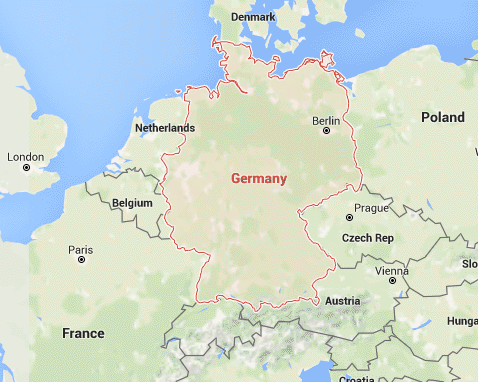

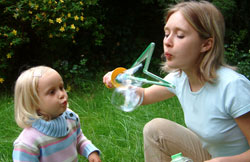
 Flag of Guatemala
Flag of Guatemala 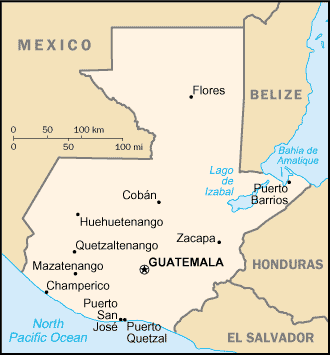

 Flag of Hungary
Flag of Hungary 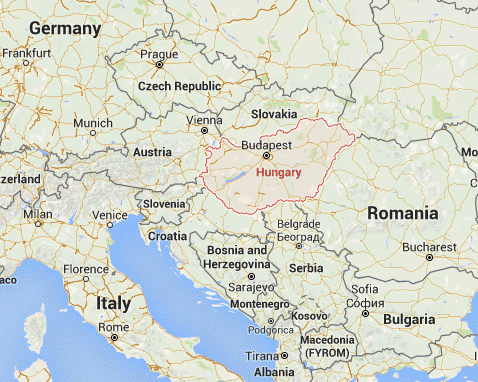

 Flag of Ireland
Flag of Ireland 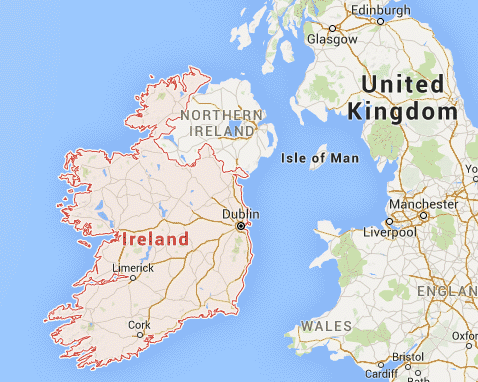

 Flag of Israel
Flag of Israel 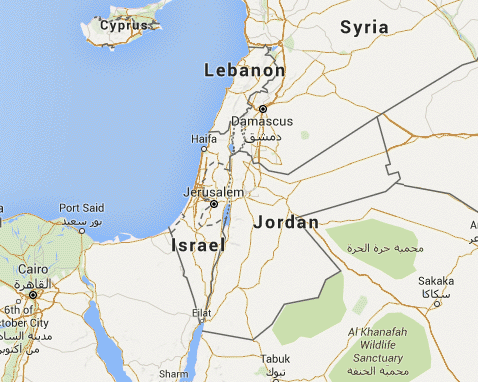

 Flag of Italy
Flag of Italy 